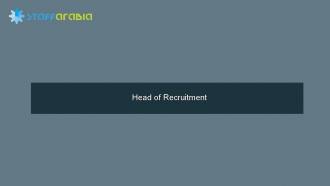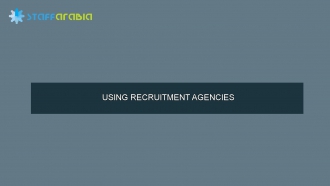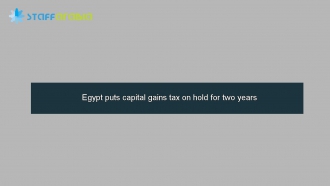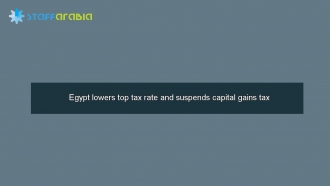
Once you’re done updating your resume and sifting through job boards, add these three must-do items to your job search checklist:
1. Give your current job an honest evaluation.
Before you get any further in the job application process, Poslowsky says to take a minute to really think about why you want to leave your current gig and what you have (or haven’t!) learned from it. Doing so will not only help you decide if moving on from this job is really the best decision for you right now, but will also help you determine what you want and need from a future employer. “I see careers as a journey, and each job along the way is just a stop,” Poswolsky says. “You need to be sure you’ve gotten everything you can out of this stop and you’re ready for the next one.”
2. Create new contacts while still preserving old relationships.
An important part of any career transition is building and fostering the relationships you need to help make that transition successful. This is especially important if you’re hoping to switch jobs, switch industries, or take on a role unlike any you’ve ever worked in before. “Finding new mentors and connections is an important step [in the job search process],” Poswolsky says. “When you’re looking for a new job, you’re going to want to start attending meetups, networking events, and conferences to find people who can guide you in the right direction.” So, pull out your planner and schedule some informational interviews with new contacts, but, as Poswolsky notes, do your best to preserve relationships at your current company, as well—although it might be tempting to just let some of those connections fizzle out, you never know when they could help you out in the future.
3. Tell your current employer when the time is right.
As nervous as you might be about telling your boss you want to say goodbye to your current position, there will come a time when you need to let her in on your plans. But, um, when is that, exactly? The answer really depends on when you feel most comfortable talking to your boss, but Poswolsky recommends waiting until you’ve actually received an offer that you plan on taking—and then still giving your boss enough time to take action. “We’ve all grown up hearing about giving your ‘two weeks notice,’” Poswolsky says. “But in reality, you should probably give your boss a minimum of four to six weeks.” Bonus points if you help out with the hiring and training process for your successor, which Poswolsky says is an important responsibility of any employee.
















